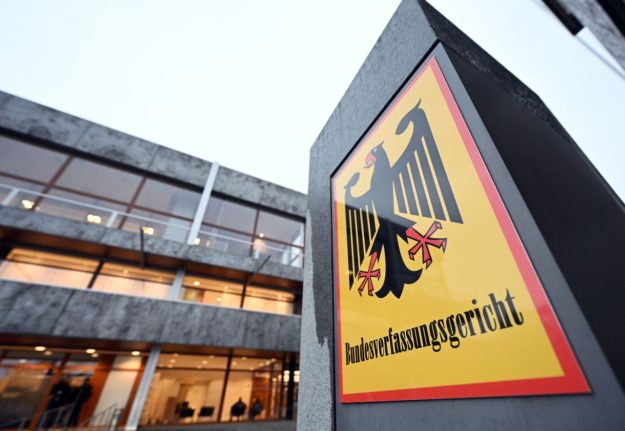The “current rough plan” is that Finance Minister Wolfgang Schäuble will give a speech in the Bundestag lower house on Thursday, followed by a vote, said Michael Grosse-Brömer, chief whip of Merkel’s conservative Christian Democrats (CDU).
After marathon talks overnight, finance ministers from the 17 eurozone countries agreed to release €43.7 billion in emergency aid for Greece and hinted that more of its debt may have to be forgiven.
The parliamentary head of Germany’s main opposition party, the centre-left Social Democrats, Frank-Walter Steinmeier said his group would back the deal, meaning Berlin is virtually certain to rubber stamp the agreement.
“I will not recommend to my group any action that would lead to Greece being insolvent in the short-term and in that case being forced to leave the eurozone,” Steinmeier told ZDF public television.
However, he urged the ruling coalition to come clean over the issue of a so-called haircut – governments and the European Central Bank accepting a loss on their Greek debt holdings.
With less than a year to go until elections, Merkel has been vehemently opposed to such a haircut, which would mean German taxpayers footing part of the bill.
Some eurozone states however have said they would “not exclude” the possibility of writing off some debt from 2015 onwards.
“The haircut has not been avoided, it has merely been postponed until after the federal election … it will come after 2014,” Steinmeier said.
Norbert Barthle, budgetary spokesman for the CDU, told German radio: “It could be the case, according to the current planning, that a haircut could occur in 2020.”
AFP/jcw



 Please whitelist us to continue reading.
Please whitelist us to continue reading.
Member comments